Detroit, MI – Is Detroit’s dramatic comeback story entering a new chapter? Many lifelong Detroiters and Metro area residents are buzzing this week after Moody’s Investors Service upgraded the city’s credit rating to Baa1, the highest tier Detroit has achieved since 1999. This milestone, essentially Detroit’s strongest financial rating in 25+ years, signals far more than just numbers on Wall Street. It represents a vote of confidence in the Motor City’s resurgence and hints at tangible benefits for local neighborhoods, families, and investors.
In a city that not long ago faced bankruptcy and “junk” credit status, the new rating has locals curious: What does this financial feat really mean for Detroit’s future and for those of us who live, work, and raise families here? Let’s break it down in a conversational, hometown way, examining how Detroit climbed back, why this credit upgrade matters on the ground, and where we go from here.
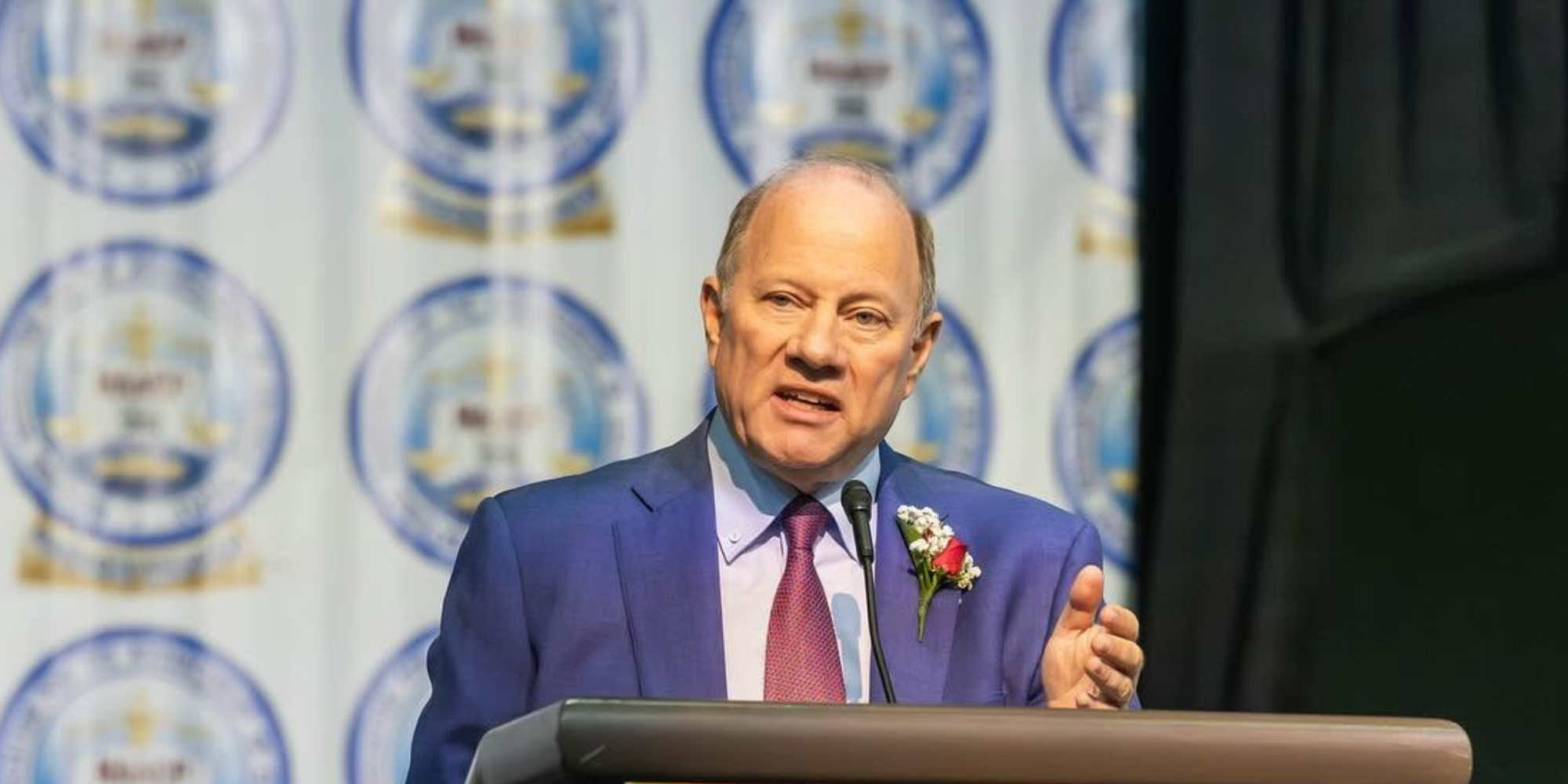 Mayor Mike Duggan, Facebook
Mayor Mike Duggan, Facebook
Moody’s Upgrade: A Milestone 26 Years in the Making
Detroit’s latest credit rating upgrade, from Baa2 to Baa1, marks the 11th consecutive year that Moody’s has bumped the city up a notch. For context, credit ratings are like a city’s financial report card. Moving up to Baa1 firmly places Detroit in “investment grade” territory, a far cry from the dark days of 2013 when the city’s rating hit Caa3 (junk bond status) amid bankruptcy. In fact, you’d have to rewind to 1999 to find Detroit rated higher (back then it was A3, just one notch above Baa1).
Mayor Mike Duggan, a lifelong Detroiter himself, emphasized the significance of this moment. “I understand we're now two levels above the city of Chicago, which, 10 years ago, was an inconceivable idea,” Duggan noted at a recent news conference, highlighting how far Detroit’s reputation has climbed. Indeed, being rated above Chicago, a city long seen as a financial powerhouse, underscores the unprecedented turnaround underway. Duggan, who is term-limited and preparing to leave office next year, admitted, “In many ways, this one means the most to me, because Moody's gave us this based on the performance of the city, knowing full well that I'm not going to be here next year.” The upgrade, in other words, isn’t about political points, it’s about hard financial facts and trust in Detroit’s trajectory.
Moody’s itself seems optimistic about Detroit’s path forward. The agency maintained a “positive outlook”, essentially hinting that if current trends hold, another upgrade could come down the line. In their report, analysts wrote that Detroit “continues to bolster its financial resiliency and maintain solid operating performance,” meaning the city has been managing its money responsibly and building up cushions to handle any economic bumps. Importantly, Moody’s upgrade report balances the good news with realism: it praised Detroit’s ongoing improvements while noting challenges like the city’s heavy reliance on auto manufacturing and persistent social issues (such as high poverty and a long-term population decline). In other words, Detroit’s comeback is real, but there’s more work ahead to diversify the economy and uplift all residents.
For now, hitting Baa1 is a point of pride. It’s also a stark reminder of how far Detroit has come in a short time. Just a decade ago, in 2013, Detroit was mired in the largest municipal bankruptcy in U.S. history and its credit rating was scraping the bottom. Fast-forward to 2025: the city has climbed nine notches from that low point, restored investor confidence, and even attracted upgrades from other rating agencies (Standard & Poor’s, for instance, raised Detroit to investment grade last year). It’s a feel-good financial story that even skeptical lifelong Detroiters can appreciate, after all, many of us never expected to see the day our city’s credit would outrank Chicago’s!
From Bankruptcy to Investment Grade: How Detroit Got Here
How did Detroit manage this financial phoenix act? In short, through years of disciplined budgeting, tough decisions, and a growing local economy. City officials credit 11 years of sound fiscal management, a team effort spanning two mayoral administrations and multiple city councils, for laying the groundwork. “This is what happens when elected leaders set aside us-versus-them politics and work together,” Mayor Duggan said, praising the city’s finance team and council for exercising “tremendous fiscal discipline” since the bankruptcy era. Unlike the bad old days of infighting and kick-the-can budgeting, Detroit’s leadership (across different political stripes) stuck to a common-sense financial plan: spend within our means, pay down debts, build up savings.
A few key factors drove the turnaround:
- Balanced Budgets & Rainy-Day Funds: Since exiting bankruptcy in 2014, Detroit has achieved consecutive balanced budgets (no small feat for a city once in chronic deficit). The city also stashed money into reserves every year, including a “Rainy Day” fund and a Retiree Protection Fund for future pension bills, now totaling nearly $500 million saved for pensions alone. These cushions give Detroit a buffer to weather economic slowdowns without veering back into crisis. Moody’s took note of this, highlighting Detroit’s “robust reserves and low leverage” as a foundation of its credit strength.
- Rising Property Values & Tax Base: Detroit’s economic development isn’t just happening downtown; it’s lifting the tax base citywide. In fact, Detroit’s tax base has more than doubled in the past five years. That remarkable growth is fueled by ongoing development projects and the rebound in home values across many neighborhoods. (Yes, you read that right: property values in Detroit, which plummeted during the foreclosure crisis, began rebounding around 2018 and are now roughly 94% higher than they were 10 years ago. This recovery in real estate has injected new revenue for the city and equity for homeowners.) More people fixing up houses, buying property, and investing in Detroit means a broader tax base to fund public services, a virtuous cycle that wasn’t assured a decade ago.
- Job Growth & Population Stability: Another surprising sign of progress, Detroit’s population is finally stabilizing and even growing slightly after 60 years of decline. Census estimates show the city gained around 7,000 residents in each of the last two years. That’s modest growth, but it reverses a generations-long trend of people moving out. At the same time, Detroiters are gaining jobs instead of losing them. The city’s Plan of Adjustment (the post-bankruptcy blueprint) had pessimistically assumed we’d lose 8,000 jobs from 2014 to 2024, but instead Detroit residents gained about 24,000 jobs over that period. Unemployment, which soared above 20% during the Great Recession, has come way down in recent years as new businesses open and initiatives like Detroit at Work connect residents to training. More employed residents and new Detroiters mean more income tax revenue and a healthier local economy, factors not lost on Moody’s analysts.
- Blight Reduction & Neighborhood Investment: Anyone who’s driven through Detroit’s neighborhoods lately can see the difference. Over the past decade, the city demolished tens of thousands of abandoned houses and secured others for renovation, dramatically reducing the blight that once seemed overwhelming. Once-empty streets now have fewer dangerous eyesores and more rehabbed homes with fresh paint and new families moved in. This blight fight, alongside community programs, has boosted confidence in neighborhoods from East English Village to Old Redford. Mayor Duggan often notes that removing blighted houses and restoring basic services (like streetlights, Detroit replaced 65,000 streetlights in just a few years after bankruptcy) set the stage for private investment to flow in. In short, Detroit got its house in order, literally and figuratively, and investors as well as everyday residents started believing in the city again.
The cumulative effect of these efforts is what led to 11 straight credit upgrades. Each year that Detroit proved it could stick to its financial plan, Moody’s (and other observers) responded with another bump up. It’s like watching a student go from failing grades to honor roll through steady hard work. As Council President Mary Sheffield put it, the improved rating is validation of “disciplined leadership, sound governance and a collaborative commitment to Detroit’s future”. It required saying “no” at times and making tough budget choices, but those choices are paying off now. The city’s finances are resilient enough that even if a national recession or auto industry slump hits, Detroit is expected to handle it without fiscal crisis.
Crucially, this success has come with cooperation across the board. Both Mayor Duggan and city officials have been quick to credit the team effort involved, from the City Council members who passed responsible budgets, to successive Chief Financial Officers (John Hill, Dave Massaron, Jay Rising, and Tanya Stoudemire) who kept the books straight. In an era where big-city governments often get bogged down in political squabbling, Detroit’s relative unity on financial matters has been a breath of fresh air. And it’s contributed directly to that coveted Baa1 rating.
As rising neighborhoods like Corktown continue to grab national headlines, Detroit’s financial outlook is following suit.

Why a Higher Credit Rating Matters on the Ground
Okay, so Baa1 is great news for City Hall, but what does it mean for regular Detroiters and Metro Detroit families? It turns out, quite a bit. A stronger city credit rating can benefit residents, businesses, and even prospective homebuyers in several tangible ways:
- Lower Borrowing Costs = Better City Services: A higher credit rating is like having a better personal credit score – it means when the city borrows money (by issuing bonds for big projects), it can secure lower interest rates. Over time, that can save millions of taxpayer dollars in interest. As Council President Sheffield explained, the upgraded rating “means better access to capital at a lower cost”, which puts Detroit in a stronger position to invest in neighborhood infrastructure, housing, public safety and other city services. In practical terms, this could help fund improvements like fixing roads and parks, upgrading transit, or building new recreation centers without straining the budget. The same bond that might have paid for 10 miles of water mains before might pay for 12 miles now, just because we’re paying less interest to investors. Detroit having a good credit reputation is like having extra money to put toward making the city safer, stronger, and more equitable (again borrowing Sheffield’s words).
- Confidence Attracts Investment: Wall Street’s vote of confidence often influences Main Street’s confidence. Businesses looking to expand or relocate often pay attention to a city’s financial stability. Now that Detroit is firmly investment grade (and climbing), more companies and developers may give Detroit a closer look. It sends a message that Detroit’s government is stable and unlikely to hit a financial crisis, a green flag for investors. We’re already seeing increasing development interest (more on those projects in a moment), and a solid credit rating only amplifies that trend. Mayor Duggan encourages locals to “pay attention to the national experts” who see Detroit’s progress, instead of heeding naysayers who have long predicted doom. The Moody’s upgrade is exactly the kind of national expert opinion that can sway doubters. If you’re a business owner considering opening a new location or a developer weighing a project, Detroit’s improved credit and overall comeback narrative might push you to say “yes” to the 313.
- More Stability for Residents: For Detroit families, the city’s improved finances can translate into a more reliable, livable city. Think about services like trash pickup, policing, fire protection, and schools, all these depend on city (or related public) funding. A city that’s not scraping by or teetering on insolvency is less likely to make drastic cuts to services. In fact, Detroit’s been able to increase investments in neighborhoods precisely because its finances are healthier. For example, in recent years the city has poured millions into renovating parks and recreation centers, boosting public safety technology, and grant programs for home repairs, moves that were only possible because the budget had breathing room. With the new rating, Detroit can continue such efforts with even more confidence.
- Psychological Boost & Civic Pride: Let’s not underestimate the psychological impact on us as residents. Detroiters have endured decades of negative headlines about our city’s finances and future. Hearing that Detroit is being upgraded, not downgraded, and is being held up as a model of urban financial turnaround is a point of pride. Neighborhood block clubs, PTA meetings, and even casual chats at the local Coney Island often carry a new optimism: if Detroit can overcome bankruptcy and reach its best credit score in a quarter-century, what else can we accomplish together? Longtime resident James, from the west side, put it this way: “It feels like validation. We toughed it out, we paid our dues, and now outsiders finally see what we knew, Detroit’s not a lost cause, it’s a city on the rise.” That pride can have ripple effects, inspiring more people to volunteer, to invest in their homes, or to simply speak positively about the city.
- What About Another Bankruptcy? Some residents, understandably scarred by the 2013 bankruptcy, wonder if this is too good to be true, could Detroit ever slip back? Mayor Duggan has been emphatic on this point: there is “no factual basis” for fears of another bankruptcy given the safeguards and growth in place now. The city isn’t relying on one-time fixes; it’s built a durable framework (including those rainy-day funds and diversified revenue streams) to prevent backsliding. Of course, responsible management must continue, and that’s a conversation as Detroit heads toward a mayoral election in 2025. But Moody’s positive outlook suggests the experts see our financial house as solid. Detroit would have to suffer an extreme, sustained downturn (far worse than typical recessions) to be at risk of defaulting again. And with lessons learned, both Detroiters and state oversight bodies would likely intervene long before that. So for the first time in a long time, worrying about bankruptcy can take a backseat, a huge relief for everyone from city employees to homeowners concerned about pensions and services.
In sum, a higher credit rating might sound abstract, but it touches everyday life in ways big and small: from the quality of your park down the street, to the chances of a new grocery store opening in your neighborhood, to the general vibe and reputation of our hometown. It’s one more building block in the comeback that makes practical improvements possible.
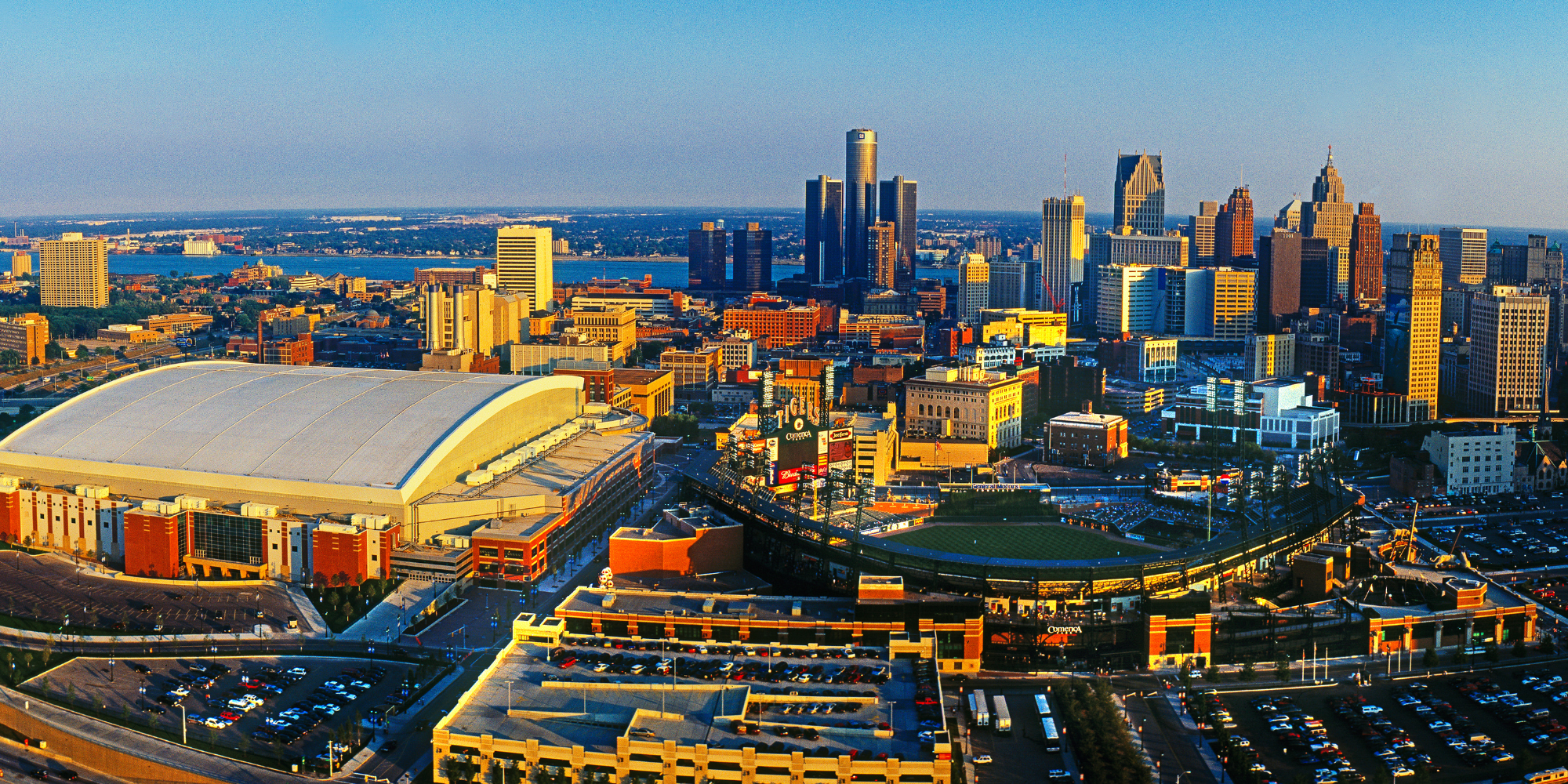
Major Developments Driving Detroit’s Resurgence
If Moody’s is bullish on Detroit, it’s not just because of balance sheets; it’s also because of what’s happening on our streets and skylines. The agency specifically cited a pipeline of major projects in Detroit that will fuel growth, create jobs, and expand the tax base in coming years. Drive around town and you’ll see cranes, construction crews, and new businesses springing up – evidence that the physical city is being transformed alongside the financial ledger. Here are some of the headline projects energizing Detroit’s renaissance:
- $1.4 Billion Hudson’s Site Development: In the heart of downtown, the old Hudson’s department store site is roaring back to life as a colossal mixed-use development. When completed, this skyscraper will be Michigan’s second-tallest building and the new home of General Motors’ global headquarters. It will also house the ultra-luxe Edition Hotel, swanky residences, and retail space. For locals who remember the vacant lot that sat for years where Hudson’s once stood, this tower rising is a powerful symbol of Detroit’s comeback. It’s bringing construction jobs now and promises hundreds of permanent jobs and a burst of activity downtown once open. Plus, who could’ve imagined GM moving from its Renaissance Center fortress to a new building? It speaks to a confidence in Detroit’s direction.
- New Convention Center Hotel at Water Square: Down by the riverfront, near Huntington Place (formerly Cobo Center), a 600-room hotel is under construction at a development dubbed Water Square. This isn’t just any hotel; it’s designed to be a convention-class hotel that allows Detroit to host the nation’s biggest conferences and events. For years, Detroit lost out on some conventions because we lacked sufficient hotel space adjacent to the convention center. This project aims to change that, drawing more visitors (and their dollars) to our city. Locals can look forward to a revived riverfront area, with new dining and entertainment options likely sprouting around the hotel. It’s about making Detroit not only a great place to live, but also a destination to visit.
- The “Destination Grand” District (New Henry Ford Hospital Expansion): In the New Center/Midtown area, a massive $3 billion investment is underway transforming the Henry Ford Hospital campus and its surroundings. This includes a state-of-the-art $2 billion hospital tower, a new Michigan State University research center, plus new mixed-income housing and green space, collectively dubbed “Destination Grand.” Health care is one of Detroit’s strongest economic sectors, and this expansion solidifies the city as a hub for medical innovation and care. It will create thousands of construction jobs now and many permanent healthcare and research jobs later. For nearby neighborhoods like Virginia Park and Boston-Edison, the project is expected to spur spillover development, from new apartments to restaurants to serve the growing workforce. It’s a reminder that Detroit’s resurgence isn’t just downtown; it’s spreading through Midtown and beyond.
- Revitalizing Historic Buildings into Housing: Two long-vacant Detroit landmarks are getting second lives as desperately needed housing:
- Fisher Body Plant 21 – once an auto plant and later a symbol of urban decay – is being reborn as 400 units of mixed-income housing with retail space. The iconic industrial building in the Milwaukee Junction neighborhood will keep its historic character even as it becomes loft apartments for Detroiters of varied income levels. This project marries Detroit’s past and future, turning a blighted hulk into a vibrant community asset.
- Lee Plaza – the gorgeous art-deco high-rise on West Grand Boulevard, is finally getting restored after decades of abandonment. It will become senior affordable housing, preserving its architectural beauty while providing homes for seniors on fixed incomes. For neighbors in the surrounding area, seeing Lee Plaza’s terra cotta façade lit up again will be a point of pride. And it addresses a real need by offering affordable living for older Detroiters who want to stay in the city.
- Downtown’s New Entertainment Hub at Cadillac Square: An empty 3.6-acre plot next to Campus Martius Park (once slated for a jail, of all things) is now poised to become an entertainment and residential hub. Plans for the Cadillac Square development include an immersive digital theater by Cosm (imagine a high-tech venue for experiencing concerts, sports, and art in 360-degree glory) along with new housing and public space. This will fill in a missing puzzle piece in downtown’s revival, connecting Greektown, Campus Martius, and Bricktown with new activity. For local families, it means more fun destinations, perhaps a place to catch an innovative show or just enjoy the new public plaza that will come with it. It’s also another sign that developers are bullish on Detroit’s ability to sustain more entertainment options.
These projects are just a sampling, there are many other developments in neighborhoods all over the city, from new shops on Livernois Avenue of Fashion, to mixed-use projects in Southwest Detroit, to tech start-up hubs in Corktown spurred by Ford’s investment in Michigan Central Station. Moody’s explicitly pointed to Detroit’s development pipeline as a reason the city’s resurgence is likely to continue despite challenges in the auto industry. In plain terms, these investments mean jobs (construction workers now, nurses and engineers later, bartenders and baristas to follow, etc.), new residents (who will live in those apartments/condos and refurbished homes), and an expanded tax base (properties that sat vacant are becoming valuable again). They also improve quality of life: longtime Detroiters will finally have amenities and services in their own backyard that we used to only dream about.
It’s worth noting that these big-ticket projects are complemented by smaller-scale improvements too. Drive through neighborhoods like Jefferson-Chalmers, Woodbridge, or Rosedale Park, and you’ll find new coffee shops, renovated storefronts, and renovated houses on once-empty blocks. The combination of marquee developments and grassroots neighborhood revitalization is what truly makes this comeback feel real and lasting. It’s not just one company town betting it all on autos (as in the past), it’s a diversified push from healthcare, education, hospitality, tech, and yes, a reinvigorated auto industry (with new electric vehicle facilities being built in the area as well).
Challenges Ahead: Keeping the Momentum and Sharing the Success
For all the good news, Detroit’s leaders and residents alike know we’re not out of the woods yet. The credit upgrade, while celebratory, comes with a sobering reminder of the challenges that persist. To ensure Detroit’s comeback benefits everyone and lasts for the long haul, here are a few key issues that need attention:
- Poverty and Inequality: Detroit still has one of the highest big-city poverty rates in America. Tens of thousands of Detroit families struggle with poverty, and decades of disinvestment won’t be erased overnight. The new development downtown is exciting, but many residents in neighborhoods far from the central business district ask: “Will this help my family? Will we see improvements on our block?” City officials have programs underway, from affordable housing requirements in new developments to workforce training, aimed at making sure longtime Detroiters aren’t left behind. The Lee Plaza and Fisher Body projects, for instance, include affordable units. But lifting the median income and reducing poverty remains a huge task. Council Member Fred Durhal III, who is running for mayor, put it in practical terms: “There is no romance without finance.” In other words, Detroit’s feel-good story must translate into financial uplift for its people. He noted that now, thanks to improved finances, the city can “invest more in neighborhoods, infrastructure and residents who stuck and stayed” through the hard times. The challenge is to convert municipal credit strength into household economic strength for Detroiters.
- Population Growth is Fragile: Gaining residents for two years in a row is encouraging, but Detroit has a long way to go to even get back to a population of 1 million (let alone the 1.8 million of 1950). The slight uptick could stall if housing costs rise too fast or if city services don’t improve in all neighborhoods. It’s a delicate balance: we want to attract new residents and retain current ones, but we also need to ensure long-term Detroiters can afford to stay in their homes as property values and taxes increase. This is where initiatives like property tax relief for owner-occupants and expanded affordable housing are crucial. The city’s positive credit outlook will help because it lowers the cost of funding such programs. The goal now is to turn those small population gains into a sustained trend, making Detroit once again a city where families move into rather than out of. Achieving that means continuing to improve schools, safety, and quality of life, the true markers by which families decide where to live.
- Economic Diversification and Auto Industry Risks: Detroit’s DNA is undeniably tied to the auto industry. While the autos are doing fairly well now (and investing in electric vehicle production), Moody’s did caution that Detroit’s regional concentration in auto manufacturing poses a risk. A downturn in the auto market, due to recession, supply chain issues, or shifts in technology, could ripple through Detroit’s economy. We’ve felt those shocks before. The city’s strategy to counter this is to diversify: build up healthcare (see the Henry Ford project), tech and startups (Ford’s tech campus, Stellantis investing in new mobility R&D, etc.), small businesses, and even tourism. The new convention hotel and entertainment venues aim to make tourism and hospitality a bigger slice of the pie. The key will be nurturing these sectors so Detroit isn’t overly dependent on any one industry. So far, signs are positive, for example, Detroit’s emerging tech scene and entrepreneurial community (often led by young Detroit natives and returnees) is growing in places like Corktown and Eastern Market. Still, staying vigilant about the auto sector and having contingency plans (like those hefty reserves) are prudent moves.
- Political Transition and Fiscal Discipline: Detroit will soon undergo a leadership change, with Mayor Duggan term-limited (and eyeing a run for Governor in 2026). Whenever a city gets a new mayor and possibly new council members, there’s some uncertainty. The next leaders must maintain the fiscal discipline that got Detroit this far. As Mary Sheffield highlighted, this moment comes amid an “unpredictable political climate”, but she and her colleagues have pledged to continue passing responsible budgets and making tough decisions. Additionally, federal COVID-relief funds (ARPA) that injected nearly $800 million into Detroit for parks, housing, and small business aid are mostly spent or set to expire. The city will need to stand on its own financial feet without those extra dollars. The Financial Review Commission (a state oversight board installed after bankruptcy) recently voted to continue waiving active oversight, essentially giving Detroit self-control as long as it stays on track. It’s a vote of confidence, but also a reminder that slipping back could trigger more oversight. The mantra at City Hall is “no going back.” Detroiters will have to hold the next administration to that promise.
Despite these challenges, the prevailing mood is optimism laced with determination. No one in Detroit is popping champagne and declaring “mission accomplished” just yet, but there’s a sense that we’ve got the wind at our backs. As CFO Tanya Stoudemire put it, Detroit’s finances are “resilient”; even if an economic slowdown comes, “we have robust reserves… We feel we are in an excellent position to continue on this road to prosperity”. Her confidence sums it up: Detroit has built a financial cushion and a growth plan to ensure that a bump in the road won’t send us into a ditch.
And let’s not forget, Moody’s upgrade to Baa1 still leaves Detroit seven notches shy of the coveted Aaa rating (the gold standard enjoyed by only the most creditworthy cities). So there’s plenty of motivation to keep improving. Each notch up from here will likely be harder to earn, but also brings even greater benefits. It’s a marathon, not a sprint, but for the first time in decades, Detroit is running that marathon strong and steadily gaining ground.
.png)
Detroit’s Real Estate Rebound: A Local Perspective
No discussion of Detroit’s comeback would be complete without talking about the housing market and real estate trends, something especially on the radar of families and investors alike. As a Metro Detroit real estate expert can attest, the story of Detroit’s revival is being written in its home prices and neighborhood developments as well.
Home Values Climbing: Perhaps surprisingly to outsiders, Detroit’s home prices have been rising faster than almost any big city in America in recent years. One national report found that from the pandemic’s start in 2020 through late 2024, Detroit had the second-fastest growing home prices in the country, a 72% increase in that period. (When you start from rock-bottom, there’s nowhere to go but up!) As of mid-2025, the median home sale price in the city is around $100,000, which is up roughly 8–9% from the year before. That’s still extremely affordable compared to the U.S. median, but it’s a healthy sign that Detroit properties are gaining value again. Neighborhoods that saw houses selling for $10,000–$20,000 in the early 2010s are now seeing those same homes sell for $50,000 or $80,000 after renovations. In more stable areas like University District, East English Village, or Bagley, it’s not uncommon to see renovated family homes list in the $200k+ range, values that seemed impossible here 10 years ago.
For a closer look at what’s behind Detroit’s rising home prices and who stands to benefit, read our full guide to Detroit property values and investment potential.
For existing homeowners, this appreciation is welcome news: it means building equity and wealth where before they had little. A study by the University of Michigan noted that Black homeowners in Detroit gained nearly $3 billion in real estate wealth from 2014 to 2022, an 80% increase, as home values recovered. This is significant in a city where so much wealth was wiped out by the foreclosure crisis. It’s also helped stabilize neighborhoods, as values rise, there’s more incentive for people to maintain properties and for investors to rehab vacant homes.
A Double-Edged Sword? Of course, rising prices can be a double-edged sword. While we’re not anywhere near the gentrification pressure of places like New York or San Francisco, some Detroit renters and low-income residents worry about affordability. City leaders have tried to get ahead of this by implementing affordable housing requirements for big developments and offering property tax relief programs (like the HOPE program) for lower-income homeowners so they aren’t taxed out of their homes as assessments go up. The key will be balancing growth with inclusion, ensuring that the nurses, teachers, auto workers and artists who make Detroit vibrant can afford to live here even as new residents arrive. The good news is Detroit still has a lot of housing stock and open land, so there’s room to add housing without displacing people, if done thoughtfully. In fact, the credit rating boost can help here too: a financially strong city can invest in things like land banks, renovations, and affordable housing funds to keep housing opportunities within reach for all.
Neighborhood Spotlights: We’re seeing localized real estate booms in certain neighborhoods:
- In Corktown, thanks to Ford’s Michigan Central Station project, property values have surged and new lofts and condos are popping up alongside old brick worker homes.
- Midtown and New Center (around Wayne State University and the hospitals) continue to draw young professionals; apartments there are filling up as soon as they’re built.
- Areas like Jefferson-Chalmers (with its canals and historic homes) and Southwest/Mexicantown (with its strong community and planned greenway) are becoming hot markets as buyers seek historic charm at still-affordable prices.
- Even traditionally overlooked neighborhoods like Banglatown or Dexter-Linwood have investors rehabbing houses, betting that demand will spread citywide.
One encouraging trend: many Detroit expats and suburbanites are moving back into the city, whether empty-nesters drawn to downtown living or young families looking for the kind of tight-knit community you can find on a Detroit block. Real estate experts are finding that buyers are attracted not just by price, but by a sense of opportunity, the idea of being part of Detroit’s turnaround story and getting in on the ground floor. As one local realtor (and lifelong Michigander) put it, “People aren’t just buying a house in Detroit, they’re buying hope and upside. They see the trajectory, the city services improving, the new businesses, and they want to be a part of it.”
For renters, the city’s improvement has led to more options as well: new apartment buildings and rehabbed duplexes are coming online, sometimes with incentives for Detroit residents. But rents have ticked up modestly with demand, so affordability remains on the radar. The city’s affordable unit mandates in new projects (usually 20% of units at below-market rates) are aimed at keeping some apartments within reach. Non-profits and developers are also working on innovative affordable housing, like converting old schools into apartments or using modular construction on vacant lots.
Overall, the real estate resurgence is a vote of confidence from the ground up. It complements the credit rating, one might say Moody’s is noticing what homebuyers and businesses have already signaled: that Detroit is a place worth investing in again. This dynamic feeds on itself: as values rise, the city collects more property tax, which in turn (with wise management) leads to better services and infrastructure, which then further boosts value and desirability.
Why This Matters and How to Be Part of Detroit’s Comeback
Detroit’s credit rating hitting a 25-year high is more than an abstract win for accountants or city officials. It’s a concrete sign that Detroit’s comeback is real and gaining momentum. For the first time in a generation, the narrative has shifted from “Detroit is struggling” to “Detroit is on the rise.” And that benefits all of us who call Metro Detroit home, from the new entrepreneur opening a business in Eastern Market to the family rehabbing a house in Northwest Detroit.
The journey from the brink of ruin to financial respectability didn’t happen by accident. It took grit, sacrifice, and a lot of hometown pride. It’s the result of leaders willing to make tough calls, yes, but also everyday Detroiters who never gave up on their city, who kept paying their taxes, mowing their lawns on blighted blocks, mentoring youth, and believing that better days would come. Those better days are arriving. As residents, we should feel empowered to hold our leaders accountable to keep this momentum going, and to insist that the benefits of Detroit’s resurgence are shared broadly.
A stronger Detroit credit rating means the city can dream bigger. It can invest in visionary projects (and basic fixes) that once seemed out of reach. It can borrow at low cost to, say, modernize all its schools or create more affordable housing, if voters and officials choose. It also means we as Detroiters can dream bigger. If you’ve been hesitating about buying a home in the city, starting that business, or launching a community initiative, the success signals are telling us, “Go for it.” The environment is the best it’s been in decades for those who want to be part of Detroit’s next chapter.
So how can you be part of it? Perhaps it’s time to take a second look at Detroit’s neighborhoods; you might be surprised at the opportunities. Take a weekend drive through areas you haven’t visited in a while: check out the new shops on Livernois, the art installations on the riverfront, or the renovated houses in Brush Park. If you’re curious about investing or making a home here, reach out to a local Metro Detroit real estate expert who knows the area inside-out. They can give you the scoop on which blocks are up-and-coming, where to find the best value, and how the city’s improvements might benefit your family’s future.
For lifelong Detroiters, this is a moment to savor, but also a time to roll up our sleeves and continue the work. Spread the good news, but stay engaged in your community meetings and local elections to ensure the city stays on a responsible path. Welcome new neighbors who move in down the street, and keep fighting for improvements in your local school or park. Detroit’s comeback is ultimately a people story, not just a credit story. We are the ones who will write the next chapters.
In the words of Councilman Durhal’s grandmother, “There is no romance without finance.” Thanks to better finances, Detroit is writing a remarkable romance of revival, one that blends fiscal responsibility with the fierce love Detroiters have for their city. And that is a story we can all get behind.
Want to know how Detroit fits into the broader real estate trends across Metro Detroit? Explore our 2025 Southeast Michigan housing market outlook.
If you’re as excited about Detroit’s future as we are, get involved! Consider connecting with a local real estate professional to discuss how you can take part, whether it’s buying a home in the city, investing in a business, or finding ways to support your neighborhood’s growth. Explore Detroit’s rebounding areas and talk to neighbors who’ve seen the changes firsthand. Your Metro Detroit community is here as a resource. Together, let’s keep this positive momentum going. Detroit’s comeback isn’t just something to witness; it’s something we can all contribute to. Here’s to building a safer, stronger, and more equitable Detroit for everyone.
DON'T KEEP US A SECRET - SHARE WITH A FRIEND OR ON SOCIAL MEDIA!
THINKING OF MOVING TO Metro Detroit, OR LOOKING TO RELOCATE IN THE AREA? VIEW A LIST OF CURRENT HOMES FOR SALE BELOW.
Metro Detroit Homes for Sale
The Perna Team and Michael Perna are the best real estate agents in Metro Detroit and Ann Arbor. The Perna Team and Michael Perna have been hired as a real estate agent by hundreds of home owners to sell their homes in Metro Detroit and Ann Arbor.
The Perna Team were great to work with, and we’d absolutely recommend them to anyone buying a home in Metro Detroit. I even asked for a few of her business cards in case I run into someone who needs a realtor. Thanks again for everything!
Posted by Michael Perna on
.45.png)



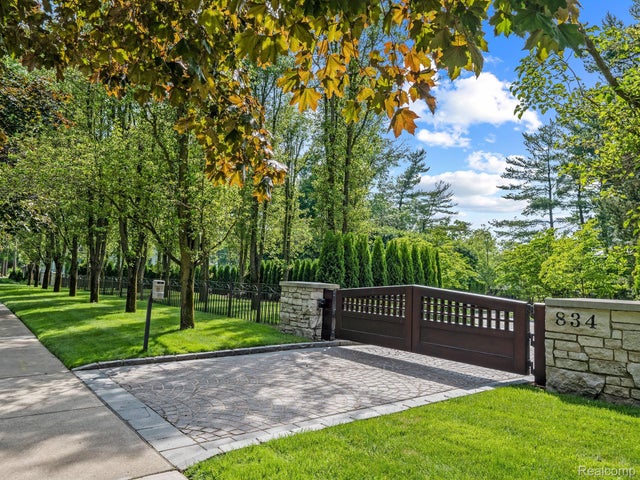
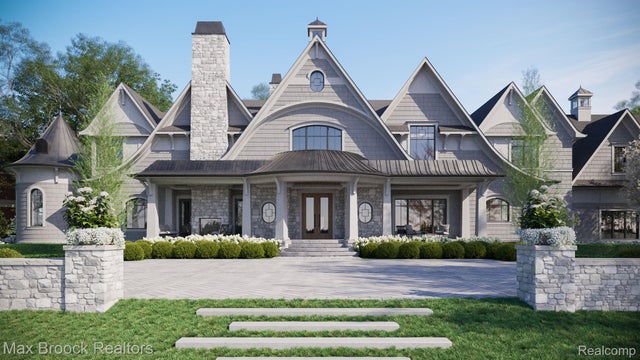
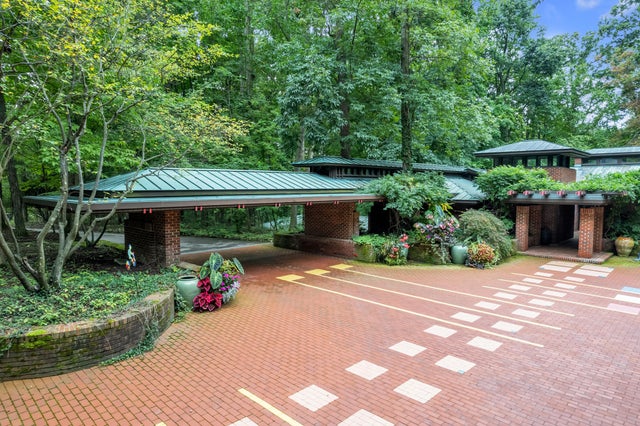
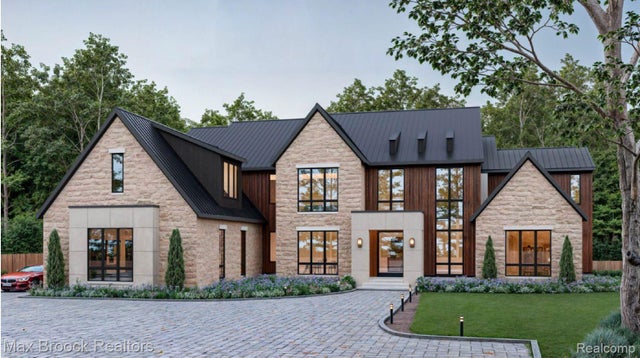
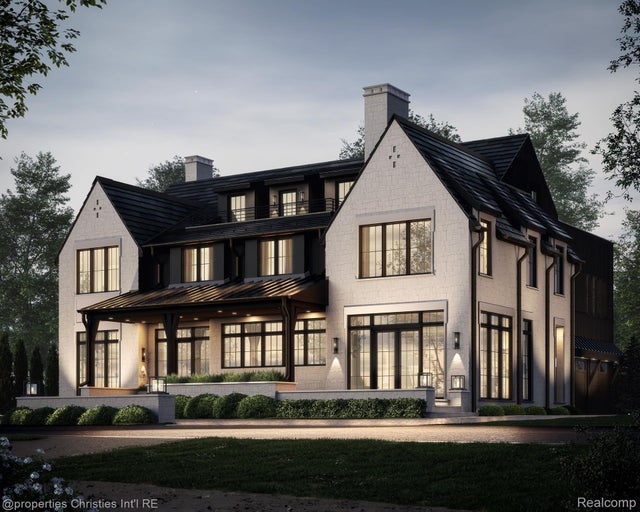
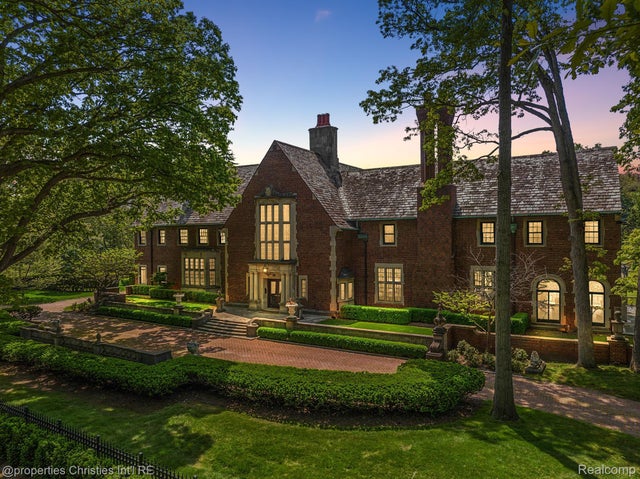

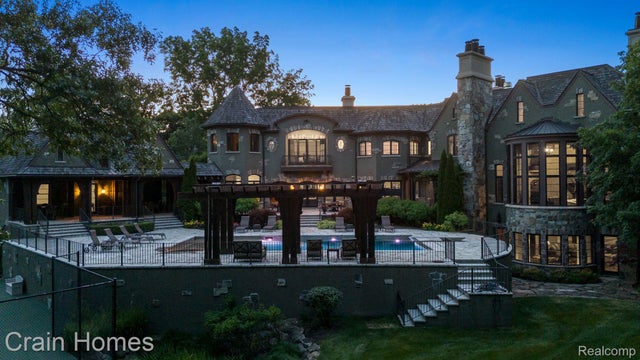
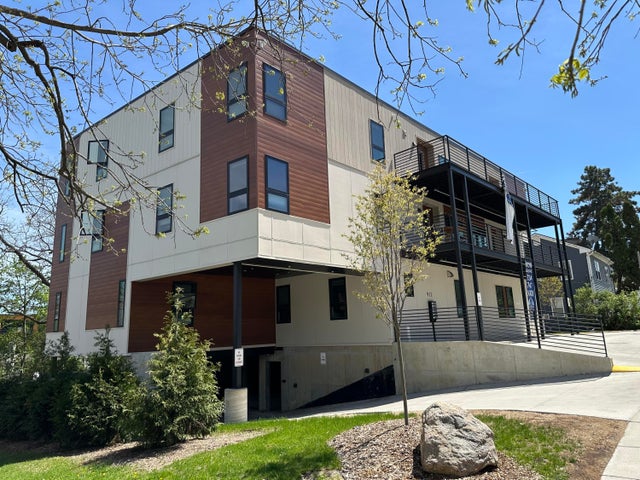
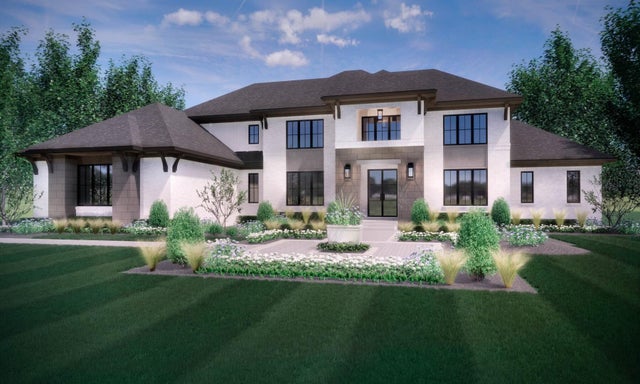
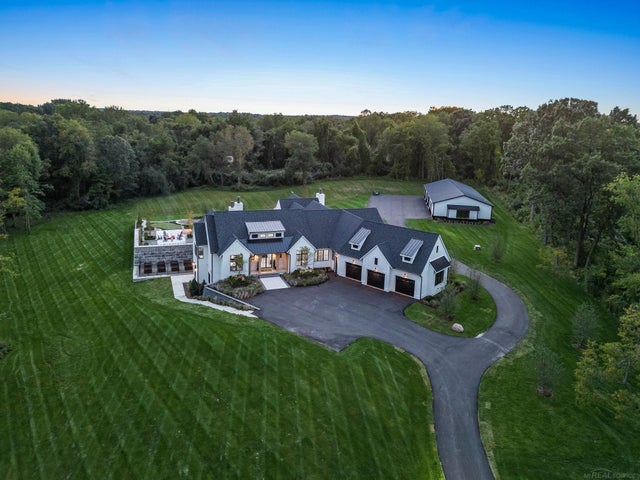
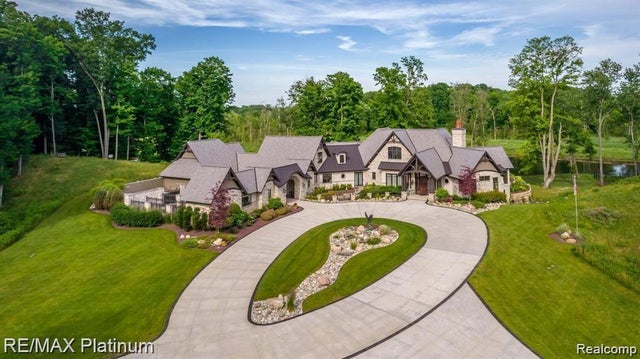
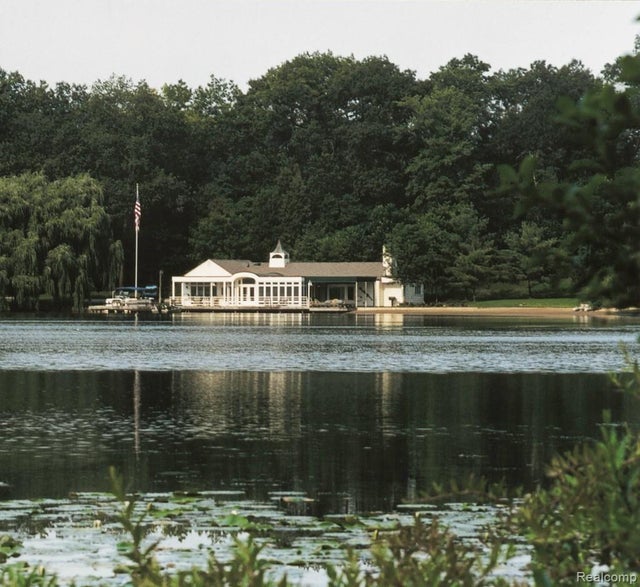
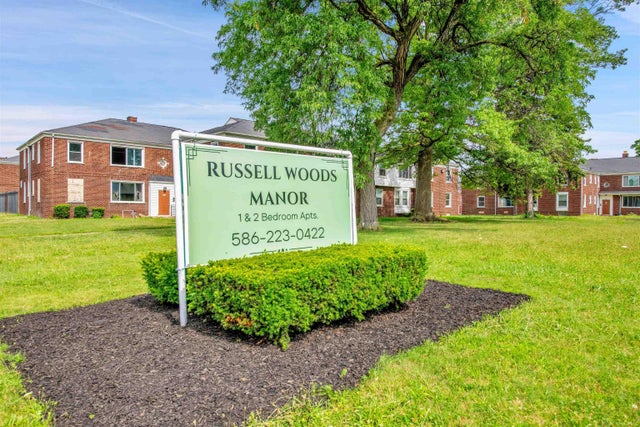
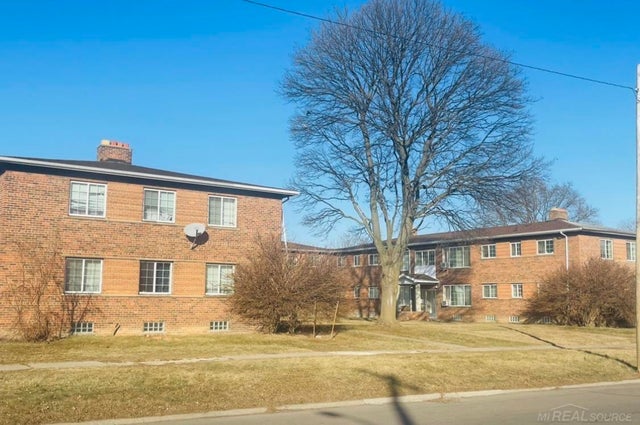

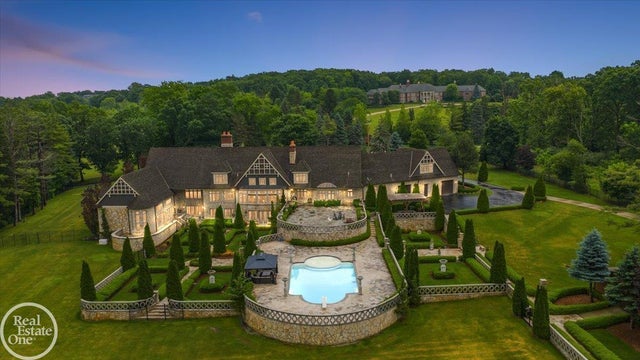
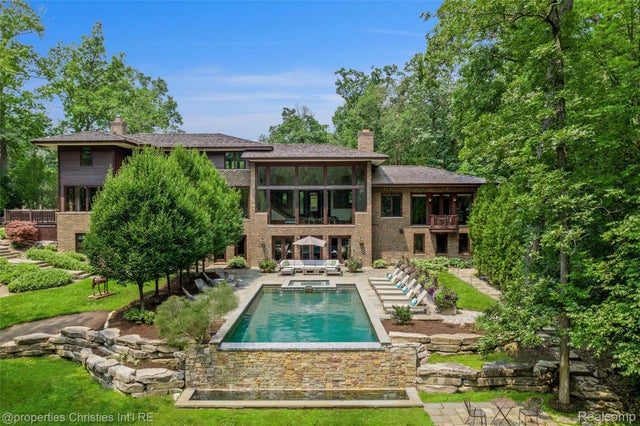
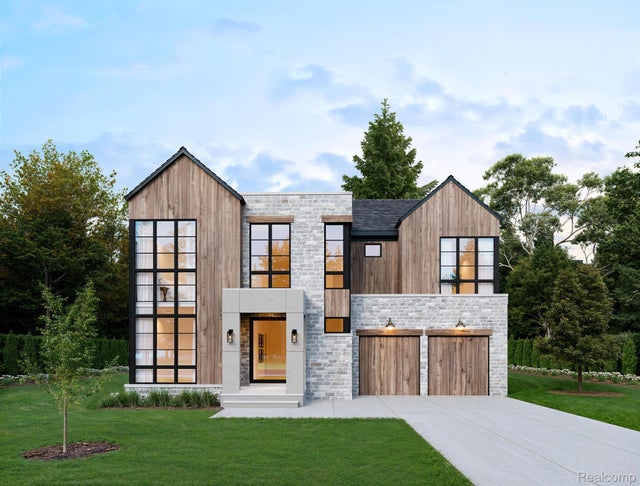
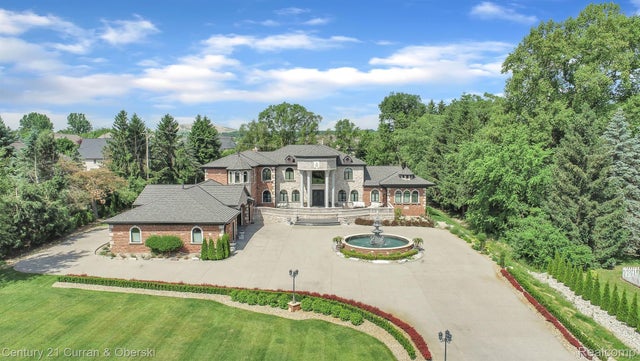
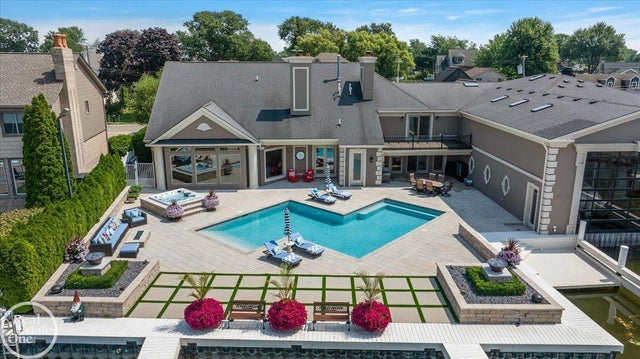
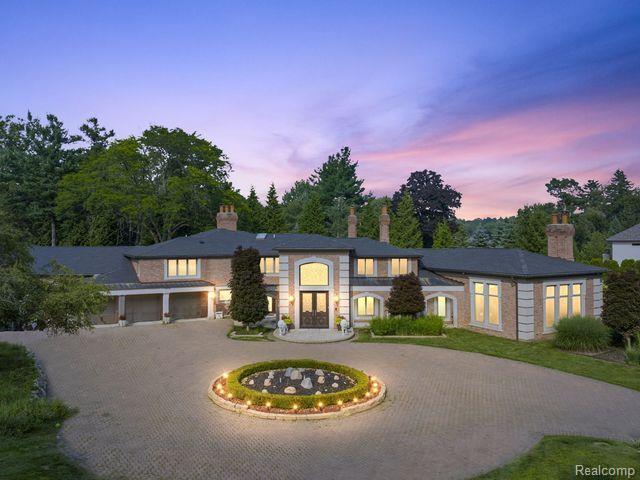

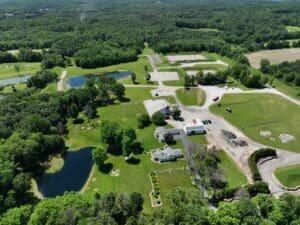
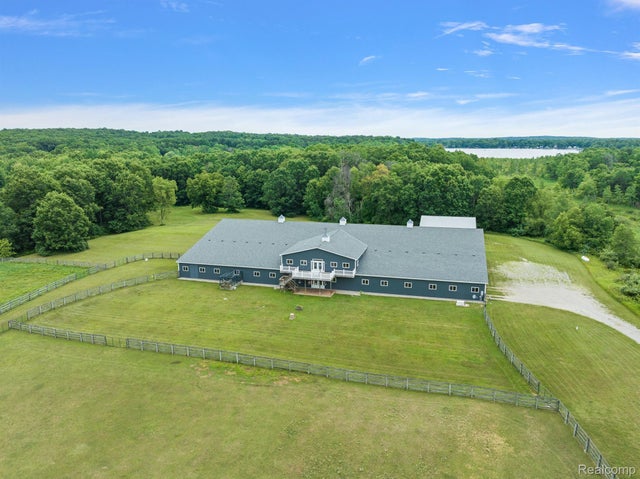
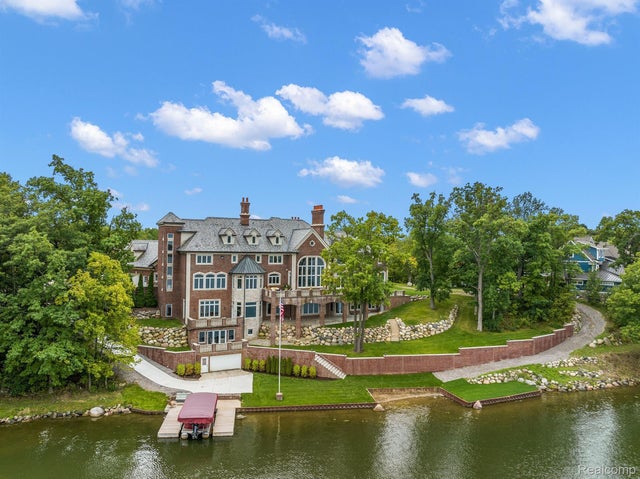
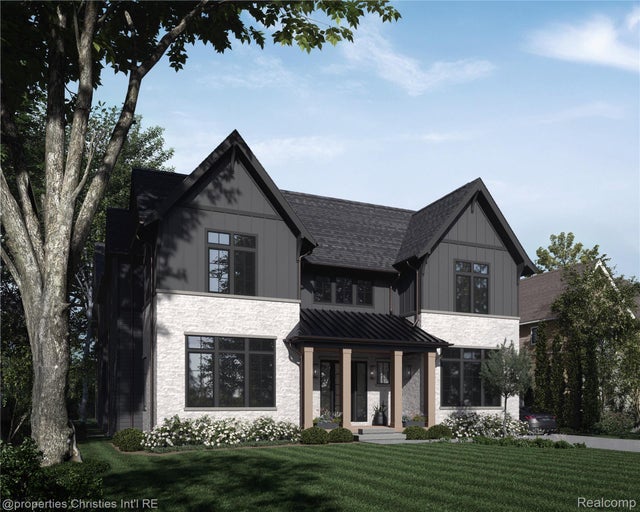
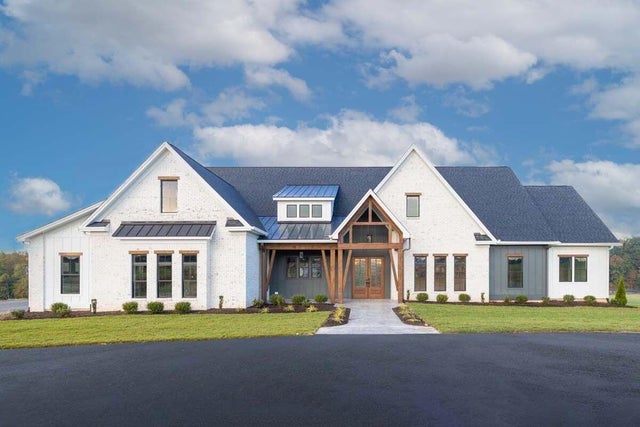
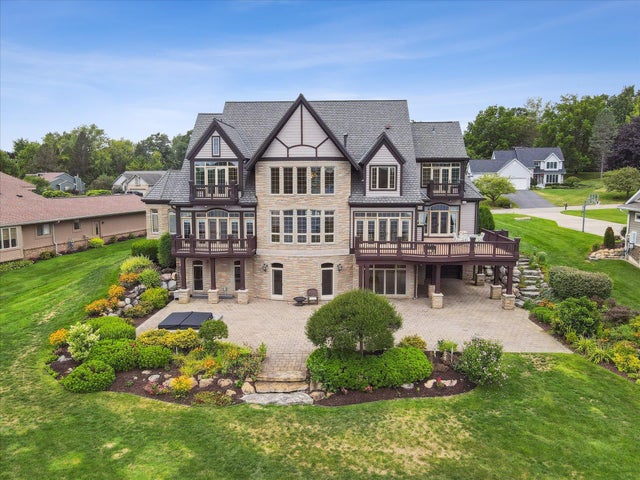
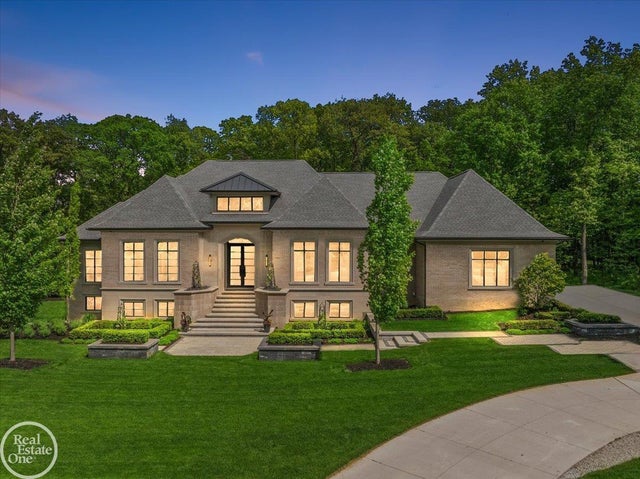
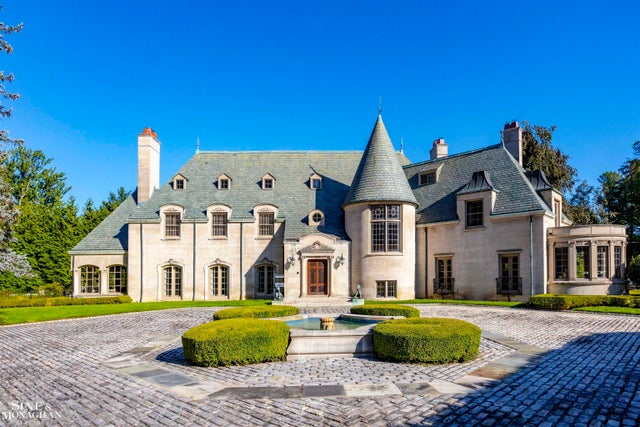
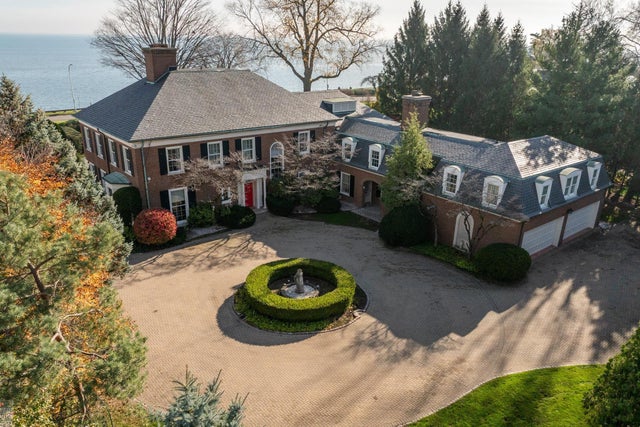
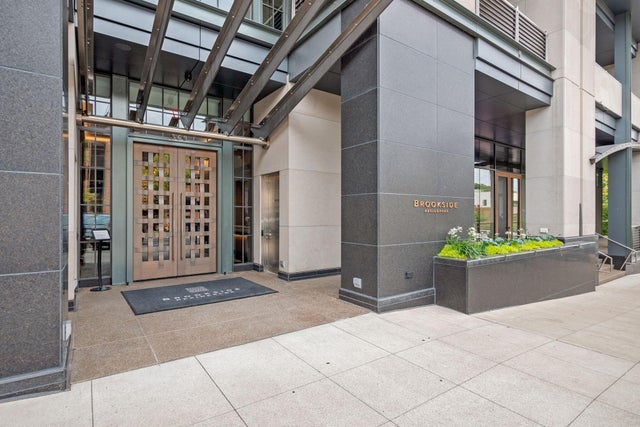
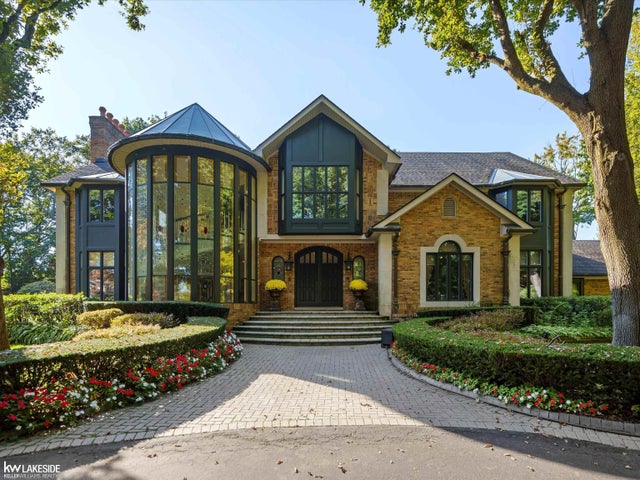
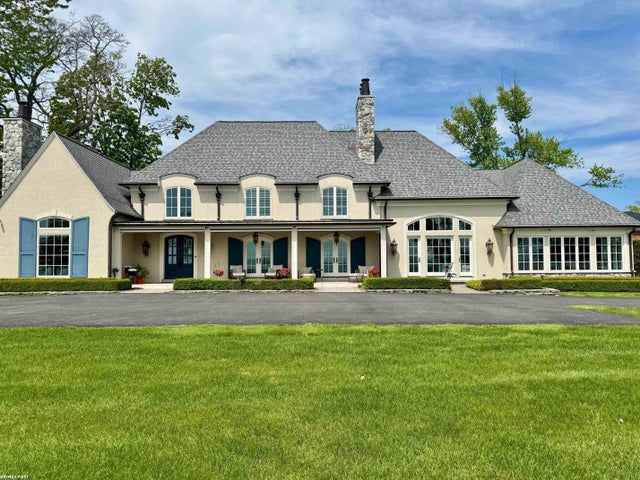
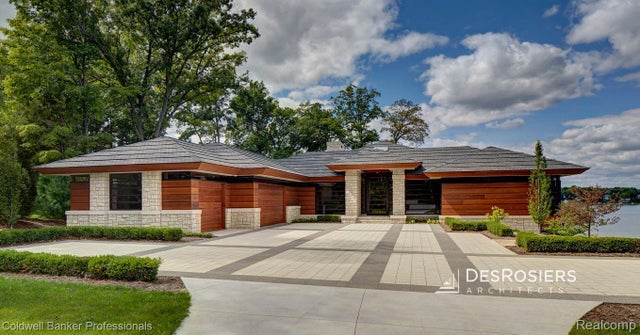
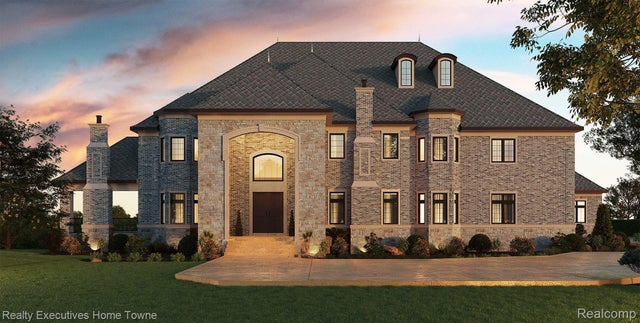
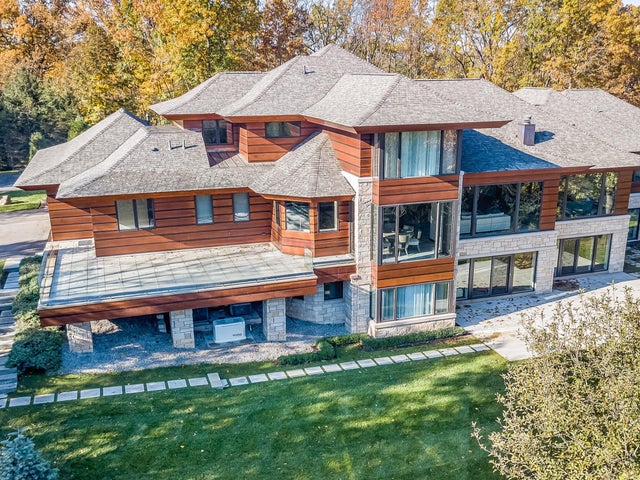
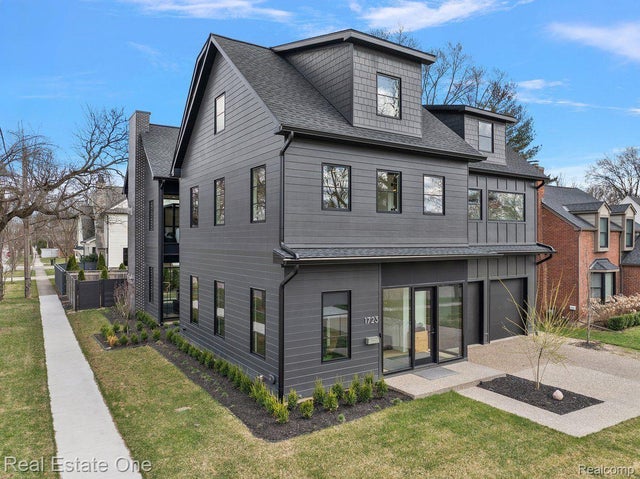
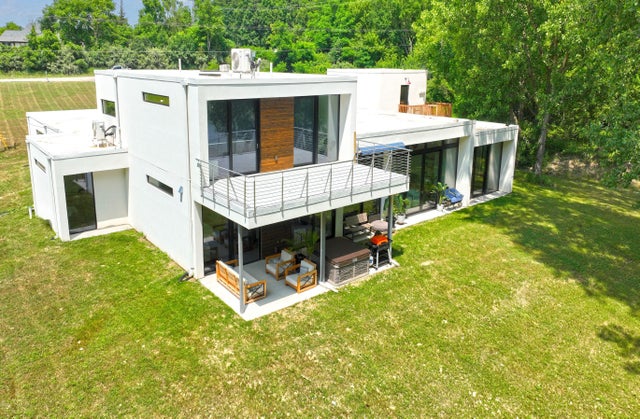

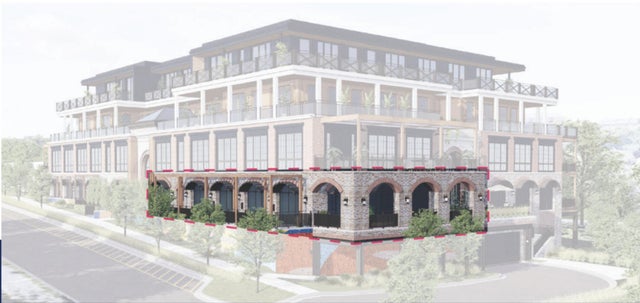
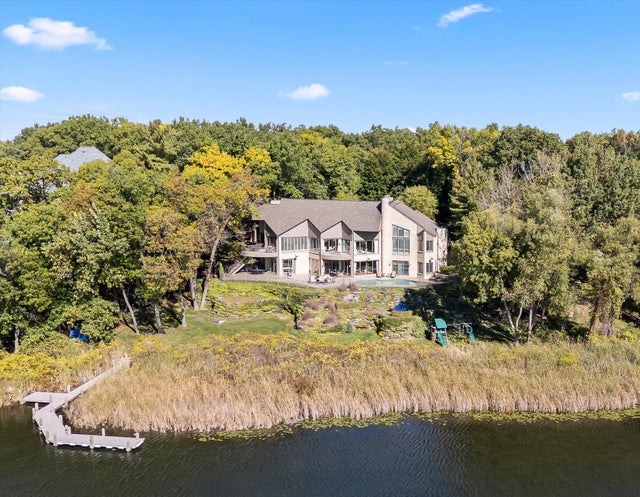

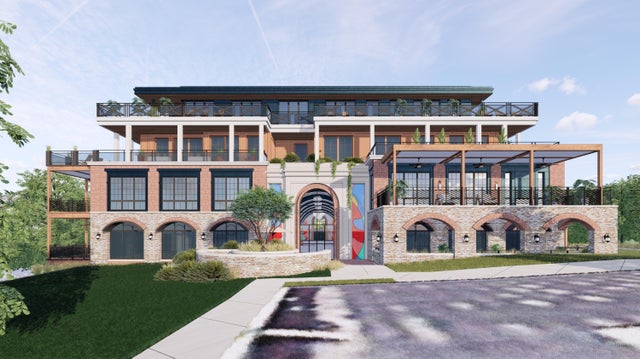
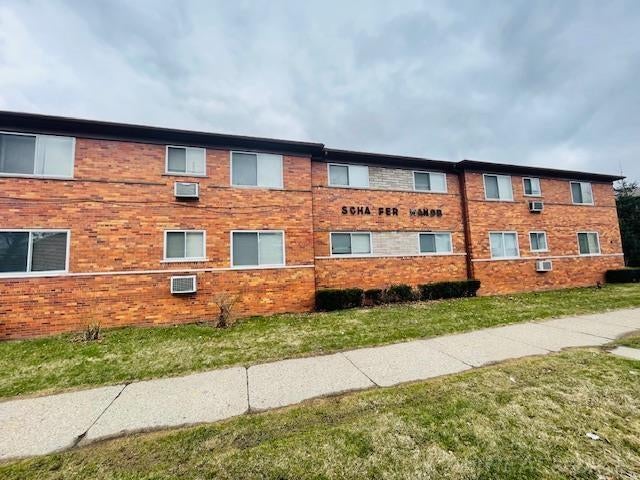
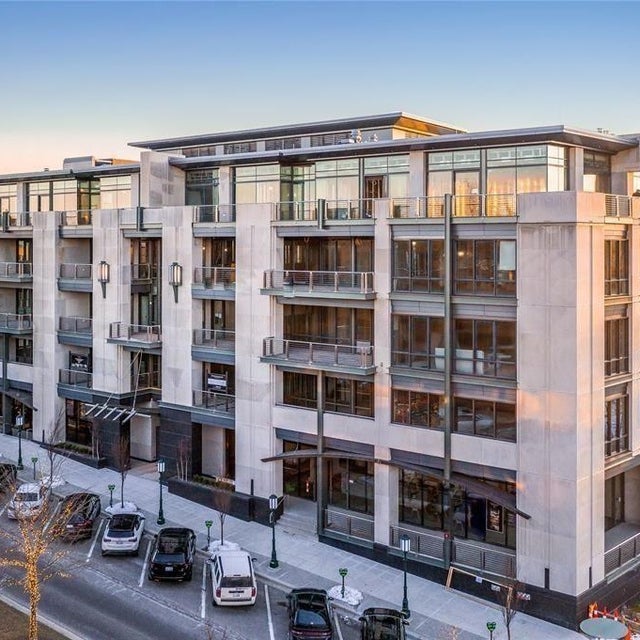
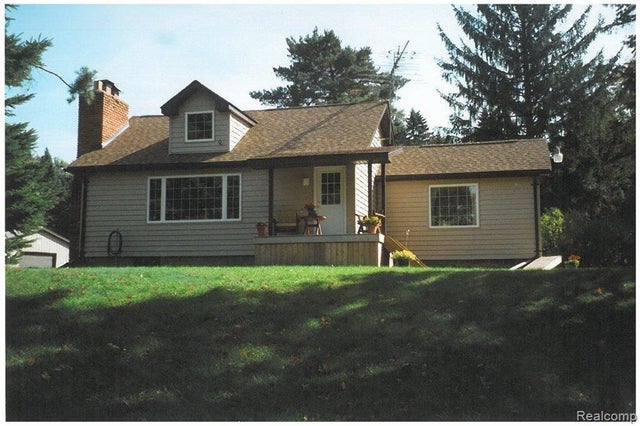
Leave A Comment